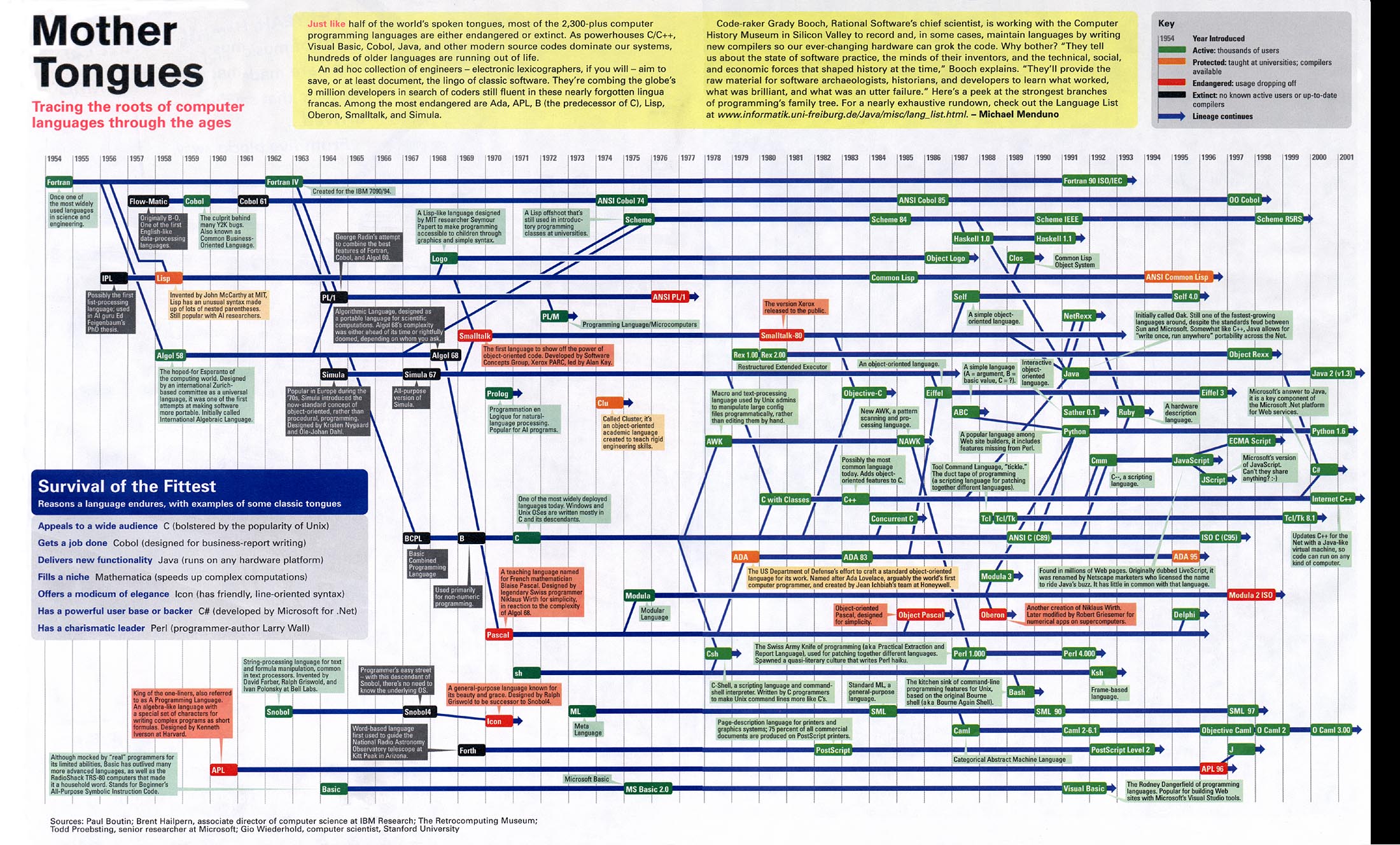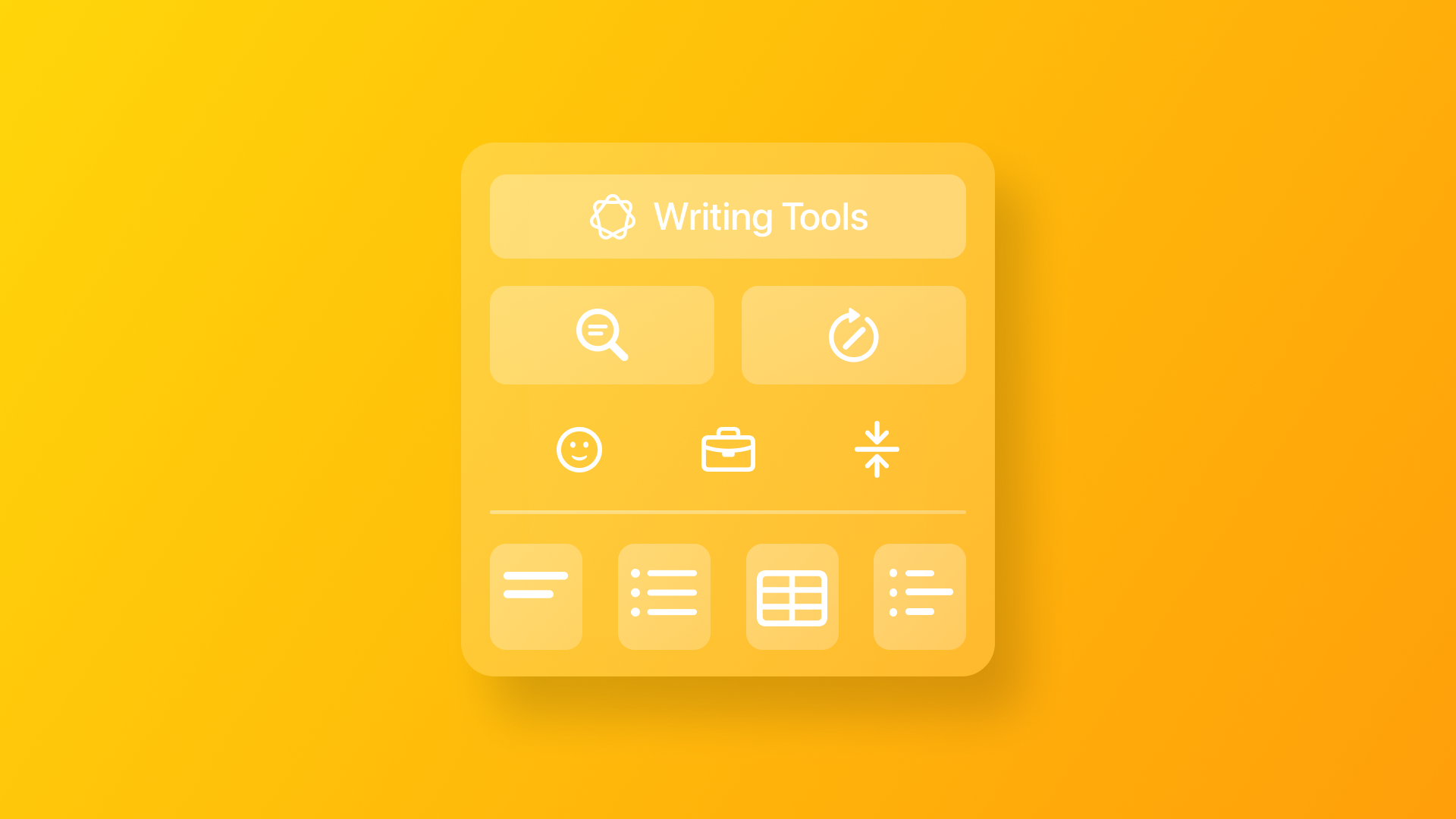Exploring The Wonders Of Programming: Techidemics In Today's Digital World
Programming, a word that might sound intimidating to some, is actually one of the most fascinating fields shaping our modern world. it's not just about writing code; it’s about problem-solving, creativity, and innovation. if you’ve ever wondered how websites, apps, and software come to life, then exploring the wonders of programming is where you should dive in. trust me, it’s not as complicated as it seems, and once you get the hang of it, you’ll realize it’s more fun than you think so lets dig into this techidemics phenomenon that’s sweeping the globe
nowadays, programming isn’t just for tech enthusiasts or computer science majors. it’s become a universal skill that anyone can learn, regardless of their background. from artists to entrepreneurs, people are discovering the power of coding to bring their ideas to life. it’s like having a superpower at your fingertips, allowing you to create solutions to real-world problems. whether you’re building a website, developing a mobile app, or automating repetitive tasks, programming opens up endless possibilities.
but hold up, before we dive deeper, let’s take a moment to appreciate why programming has become such a big deal. in today’s digital age, technology is evolving faster than ever, and the demand for skilled programmers is skyrocketing. companies across industries are looking for talented individuals who can turn their visions into reality through code. so, if you’re thinking about learning programming, you’re not just investing in a skill; you’re investing in your future. ready to explore the wonders of programming techidemics? let’s get started.
- Is Seo In Guk Married Unveiling The Truth Behind The Guk Phenomenon
- Kim Rae Won Children A Closer Look At His Family Life
Table of Contents:
- The Evolution of Programming
- Understanding the Basics of Programming
- Popular Programming Languages and Their Uses
- The Benefits of Learning Programming
- Career Opportunities in Programming
- Essential Tools for Programmers
- Common Challenges Faced by Beginners
- Tips for Mastering Programming Skills
- The Future of Programming Techidemics
- Wrapping It Up
The Evolution of Programming
programming has come a long way since its inception. back in the day, programmers had to punch holes in cards to write code. yeah, you read that right – punch cards. can you imagine how tedious that must have been? but as technology advanced, so did the methods of programming. today, we have powerful integrated development environments (ides) and sophisticated languages that make coding much more accessible.
one of the key milestones in the evolution of programming was the development of high-level languages. these languages, such as c, java, and python, made it easier for developers to write code without worrying about the underlying hardware. they abstracted away the complexities of machine language, allowing programmers to focus on solving problems rather than dealing with low-level details. this shift marked the beginning of the programming techidemics we see today.
- Ranjit Ghosh Mamata Banerjee A Deep Dive Into Their Political Dynamics And Influence
- Ruby Reidleaks The Untold Story Behind The Viral Sensation
From Punch Cards to Cloud Computing
the journey from punch cards to cloud computing is nothing short of remarkable. with cloud computing, programmers can now access virtually unlimited resources without being tied to physical hardware. this has revolutionized the way software is developed and deployed. developers can collaborate in real-time, test their code on different platforms, and deploy applications with just a few clicks. it’s like having a supercomputer at your disposal, anytime, anywhere.
Understanding the Basics of Programming
so, what exactly is programming? at its core, programming is the process of writing instructions that a computer can understand and execute. these instructions are written in a programming language, which acts as a bridge between human thought and machine action. think of it as teaching a computer how to perform a specific task. but unlike humans, computers are literal creatures – they do exactly what you tell them to do, no more, no less.
to get started with programming, you need to understand a few fundamental concepts. these include variables, data types, control structures, and functions. variables are like containers that store values, while data types define the kind of data you’re working with, such as numbers, strings, or booleans. control structures, like if-else statements and loops, allow you to make decisions and repeat actions. finally, functions let you group code into reusable blocks, making your programs more organized and efficient.
Breaking Down the Basics
- variables: used to store data values
- data types: specify the type of data being used
- control structures: help in decision-making and repetition
- functions: allow code reuse and modularity
Popular Programming Languages and Their Uses
with so many programming languages out there, it can be overwhelming to choose the right one. but don’t worry, each language has its own strengths and is suited for specific tasks. for example, python is great for data analysis and machine learning, while javascript is perfect for web development. here’s a quick rundown of some popular programming languages and their uses:
Top Programming Languages
- python: widely used in data science, ai, and web development
- javascript: essential for building interactive web applications
- java: popular for enterprise applications and android development
- c++: ideal for game development and high-performance applications
- ruby: known for its simplicity and developer-friendly features
choosing the right language depends on your goals and the type of projects you want to work on. don’t be afraid to experiment with different languages to see which one suits you best. after all, programming is all about learning and growing.
The Benefits of Learning Programming
learning programming offers numerous benefits that go beyond just writing code. it enhances your problem-solving skills, improves your logical thinking, and boosts your creativity. in today’s job market, programming skills are highly sought after, making you more competitive in the workforce. but the benefits don’t stop there – programming also empowers you to bring your ideas to life and make a real impact in the world.
Why Learn Programming?
- improves problem-solving and critical thinking
- increases employability and career opportunities
- fosters creativity and innovation
- enables you to create solutions to real-world problems
Career Opportunities in Programming
the demand for skilled programmers is at an all-time high, and it’s only going to grow in the coming years. companies across industries are looking for talented individuals who can develop software, build websites, and create mobile apps. whether you’re interested in web development, data science, or cybersecurity, there’s a career path waiting for you in the world of programming.
according to a report by the bureau of labor statistics, employment of software developers is projected to grow 22% from 2020 to 2030, much faster than the average for all occupations. this growth is driven by the increasing demand for new applications and software as businesses and consumers continue to rely more on technology.
Top Programming Careers
- web developer: builds and maintains websites
- software engineer: designs and develops software applications
- data scientist: analyzes and interprets complex data
- cybersecurity specialist: protects systems and networks from cyber threats
Essential Tools for Programmers
as a programmer, having the right tools can make a huge difference in your productivity and efficiency. from integrated development environments (ides) to version control systems, there are several tools that every programmer should be familiar with. here are some essential tools that can help you take your programming skills to the next level:
Must-Have Tools
- visual studio code: a popular ide for web development
- git: a version control system for tracking changes in code
- docker: a platform for building and deploying applications
- jira: a project management tool for software development
Common Challenges Faced by Beginners
learning programming can be challenging, especially for beginners. one of the biggest hurdles is understanding complex concepts and debugging code. it’s not uncommon to spend hours trying to figure out why your program isn’t working as expected. but don’t get discouraged – every programmer has been there at some point.
another challenge is staying motivated and consistent. learning programming requires practice and perseverance. it’s important to set realistic goals and celebrate small victories along the way. joining a community of fellow learners can also provide support and encouragement as you navigate the world of programming.
Overcoming Challenges
- start with the basics and gradually move to advanced topics
- practice regularly and work on real-world projects
- seek help from online communities and forums
- stay motivated by setting achievable goals
Tips for Mastering Programming Skills
mastering programming skills takes time and effort, but with the right approach, you can accelerate your learning process. here are some tips to help you become a better programmer:
Key Tips
- practice consistently: code every day, even if it’s just for 15 minutes
- work on projects: apply what you’ve learned by building real-world applications
- learn from others: study open-source projects and collaborate with other developers
- stay curious: explore new technologies and stay updated with the latest trends
The Future of Programming Techidemics
the future of programming is bright, with new technologies and trends emerging every day. from artificial intelligence to blockchain, the possibilities are endless. as more industries adopt digital transformation, the demand for skilled programmers will continue to rise. the programming techidemics we’re witnessing today is just the beginning of a new era in technology.
one of the most exciting developments in programming is the rise of low-code and no-code platforms. these platforms allow non-technical users to build applications without writing a single line of code. while this doesn’t replace traditional programming, it democratizes access to technology and empowers more people to create digital solutions.
Wrapping It Up
exploring the wonders of programming techidemics is an exciting journey that offers endless opportunities for growth and innovation. whether you’re a beginner or an experienced developer, there’s always something new to learn and discover. by understanding the basics, mastering the right tools, and staying up-to-date with the latest trends, you can unlock your full potential as a programmer.
so, what are you waiting for? dive into the world of programming and start creating your own techidemics. remember, the key to success is consistency, curiosity, and a willingness to learn. leave a comment below and let me know what you think about the future of programming. and don’t forget to share this article with your friends – let’s spread the programming love!
- Maruchan Ramen Recall What You Need To Know About This Spicy Situation
- Chlo And Matt Onlyfans The Ultimate Guide To Their Rise Content And Impact

Code To Joy Seven Wonders of Programming Languages

Exploring Apple Intelligence Writing Tools

computer, C (programming Language), Inception, 1080P, Syntax